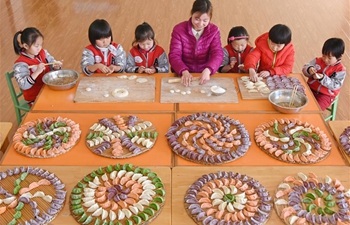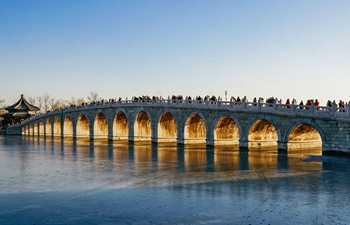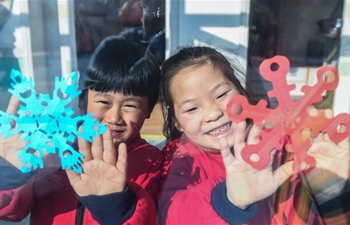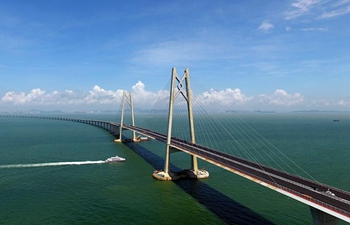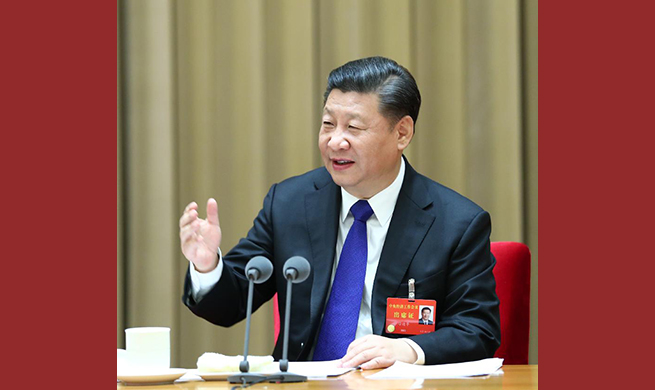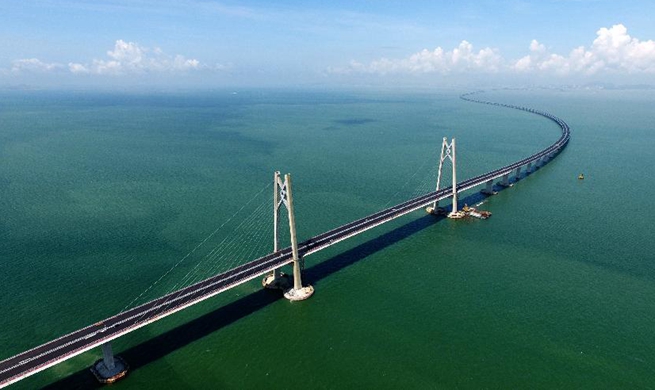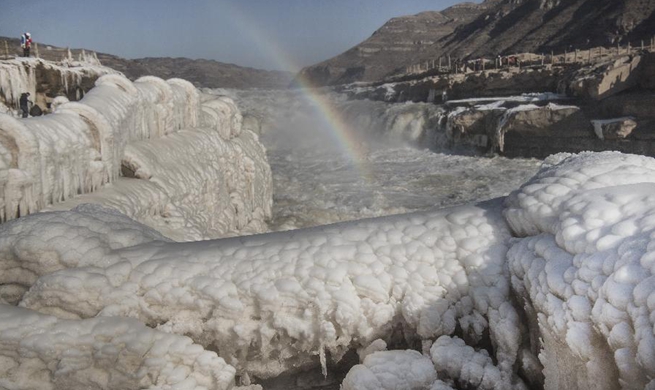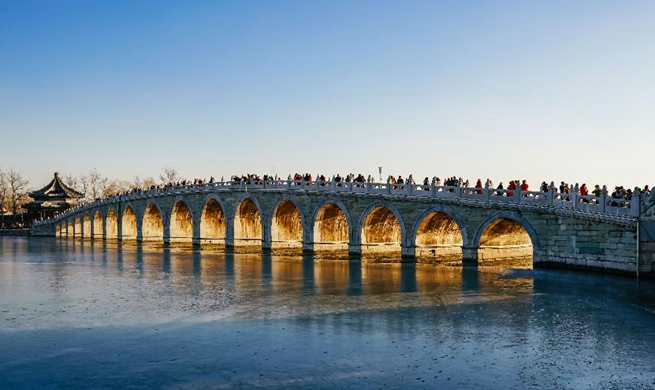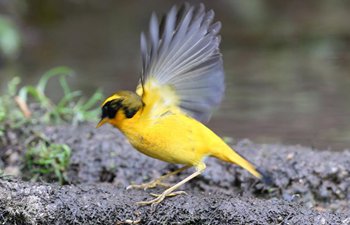ADDIS ABABA, Dec. 21 (Xinhua) -- The Ethiopian Ministry of Foreign Affairs on Thursday advised the two South Sudanese warring factions to use the ongoing High-Level Revitalization Forum (HLRF) as an opportunity to end the misery of the people of South Sudan.
Meles Alem, ministry spokesperson, while addressing the media said that South Sudanese parties are expected to reach agreements to resolve the on-going crisis through the HLRF.
On the basis of the agendas endorsed at the 59th Extraordinary Session of the IGAD Council of Ministers on Sunday, the HLRF is focusing on ceasefire and delivery of humanitarian aid.
Alem, however, stressed that the international community would take all the necessary measures if the current meeting fails to bring the two South Sudanese warring factions toward an agreement.
Ethiopian Prime Minister and the current Chairperson of IGAD (the Intergovernmental Authority on Development), Hailemariam Desalegn, also said during the opening session of the forum on Monday that the two South Sudanese warring factions need to leave their differences aside.
According to Desalegn, the East African bloc of IGAD will take necessary actions if the current efforts fail.
Desalegn, who urged South Sudanese warring parties to do their part for the peace and stability of their country, stressed that the current five-day forum is the last opportunity to ensure peace in South Sudan.
The forum is expected to provide a distinctive opportunity to bring IGAD, regional and international parties together toward ending the conflict in South Sudan with the help of stakeholders on the negotiation table.
According to the Ethiopian Ministry of Foreign Affairs, the High-Level Revitalization Forum "has continued with a good spirit of solidarity and determination by all the parties to the process stressing on the need to exploit this opportunity to end the misery of their South Sudanese brothers and sisters."
AU, UN, EU, Troika, IGAD Partners Forum (IPF), China and other delegates from the international community have recently expressed their strong support to the revitalization process.
South Sudan descended into violence in December 2013 after political dispute between President Salva Kiir and his former deputy turned rebel chief Riek Machar led to split within the SPLA, leaving soldiers to fight alongside ethnic lines.
The 2015 peace agreement to end the conflict was weakened after the outbreak of renewed fighting in July 2016 caused the SPLA-in opposition rebel leader Machar to flee the capital.




